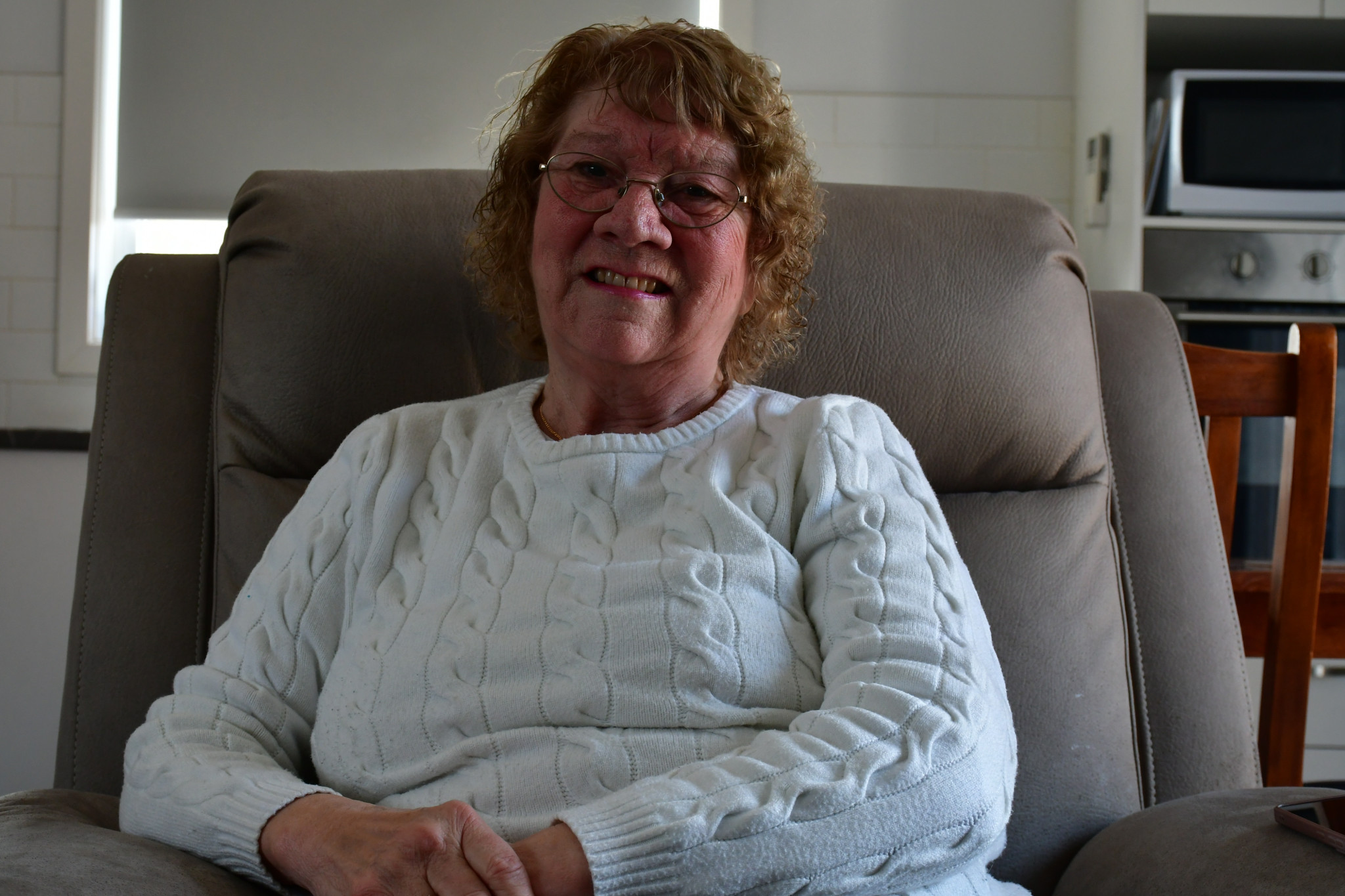General News
24 September, 2024
Local woman loses $30,000 to scam
A 77-year-old Maryborough woman has had $30,000 in savings for her children stolen after falling victim to a scam.

On August 5, Janet Rooke received a phone call from what she thought was Telstra saying that her phone had been hacked.
Already feeling very sick at the time, unknowingly suffering from a punctured lung and pneumonia as she was rushed to hospital the next day, Ms Rooke said she was convinced that “technicians” were calling to assist her.
“I was quite concerned. They told me an engineer was going to help me, they acted very genuine,” she said.
“I was told that all I need to do was ‘push the button and that would solve everything’. So, I pushed the button because I totally believed them.
“Then I was told not to touch my phone until 3 pm, but that started to worry me so I just got into my car and went to Bendigo Bank.”
Ms Rooke told the bank manager what had happened and after going through her account, the manager informed Ms Rooke that the money was gone.
“I nearly collapsed,” Ms Rooke said.
The bank told Ms Rooke they would try retrieving the money, however they couldn’t guarantee it.
“They also reminded me that I did push that button,” Ms Rooke said.
Ms Rooke said she was resigned to the fact she would never see her money again until she received a text from Bendigo Bank.
“Last week I got a message saying the bank would put money into my account,” she said.
“I rang up my kids and told them about the message and they were rapt.
“I was so excited I was going to get my money back, but when I did go to the bank, the manager said ‘it’s not that much Janet’.”
The bank was able to recover $3.66, which was transferred to Ms Rooke's account.
“I felt like giving me three dollars was just a complete joke.” Ms Rooke said.
The situation has left a noticeable mark on Ms Rooke, who said despite the bank stating they are still trying to retrieve her money, she has lost hope.
“I stay awake a lot thinking about why I did it, how I did it and why [the scammers] could do this to me,” she said.
“I’d been saving that money for six years and I had been so careful with it and now it’s gone.
“I’ve accepted that I have lost that money and I’m putting in $100 a fortnight back in for my kids, I don’t think I will ever get back to the $30,000 but I hope to give enough back to them.”
A spokesperson for Bendigo Bank told The Advertiser that the bank “takes cyber security very seriously”.
“Cyber fraud is a complex, growing, and ongoing challenge that we all must work together to combat,” the spokesperson said.
“The bank’s security staff remain vigilant and work closely with Australian cybersecurity agencies, intelligence, and technology partners to detect any malicious or abnormal behaviour.
“Bendigo Bank attempts to recover funds lost to scams wherever possible and it goes without saying when the bank is at fault, we will reimburse customers for the loss of funds.”
The spokesperson also wanted to remind customers of the importance of scam awareness and vigilance.
“The bank provides customers with regular alerts about current scams targeting customers and maintains a webpage with general tips for customers on how to keep their details safe on its website,” the spokesperson said.
“It is important customers take steps to protect themselves and do not share their passwords or allow someone they don't know or trust to access their devices, as it is extremely difficult to recover money that has been transferred to scammers.”
The incident follows another report from a resident regarding a separate ‘Telstra’ scam earlier this month.
The resident, who wishes not to be named, said they were told they were getting a “Seven Gen modem with 120-metre fibre cable extension” as part of network improvement works across Maryborough.
“As soon as they said, ‘you may notice there have been works going on around town and that they are working in Barkly Street’ it got me straight away,” the resident said.
“It sounded so real — they gave me an address in Melbourne, ID numbers for account managers and an 1800 number to call to make sure that they were legitimate.
“But I figured out it was a scam after I was told to make a one-off payment of $9.99.
“I immediately hung up, but my mobile and home phone did not stop ringing for 10 minutes non-stop.
“I’m worried it could get to people like me who would think it’s a legitimate thing but at the end of the day it’s not.”